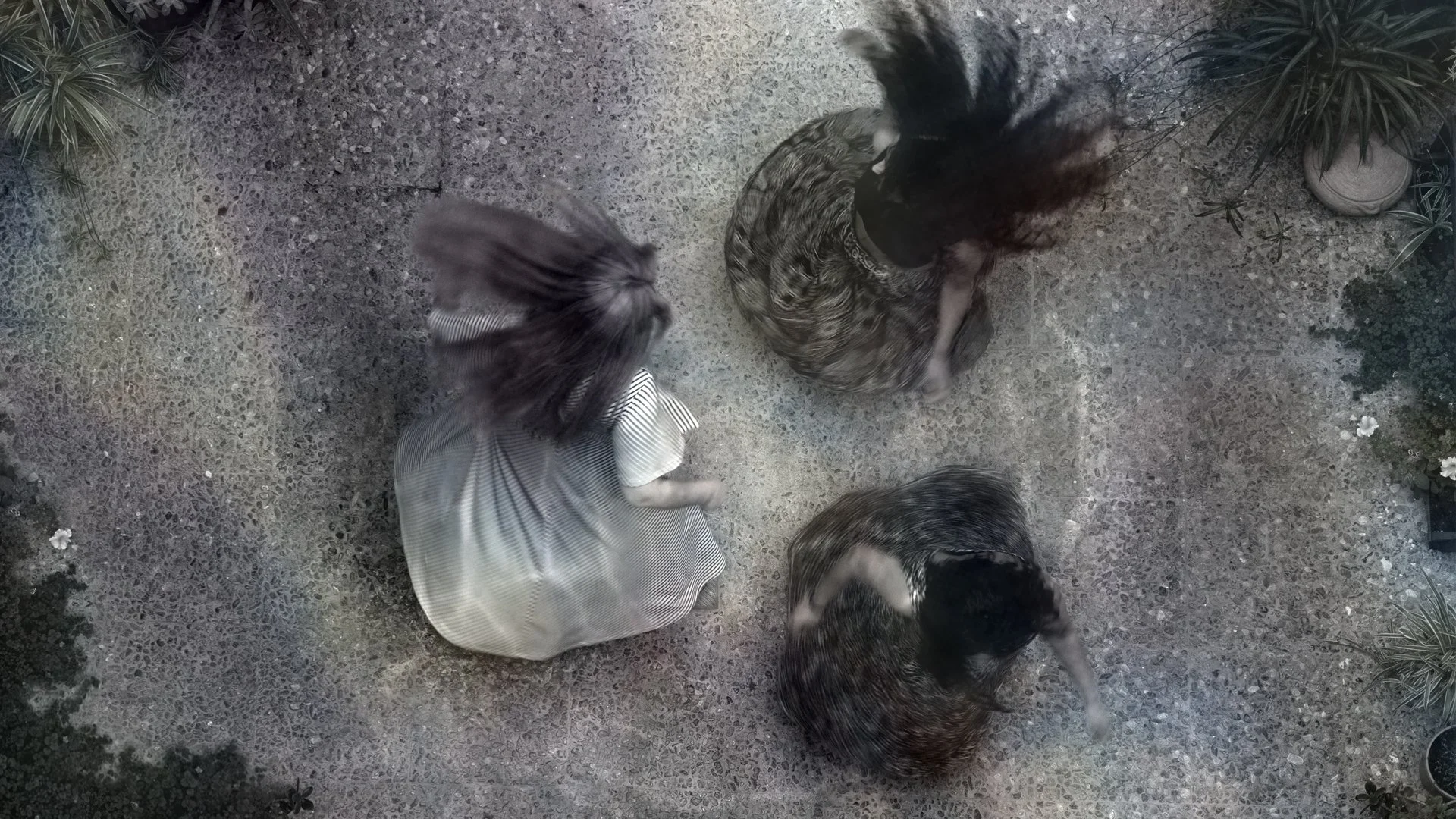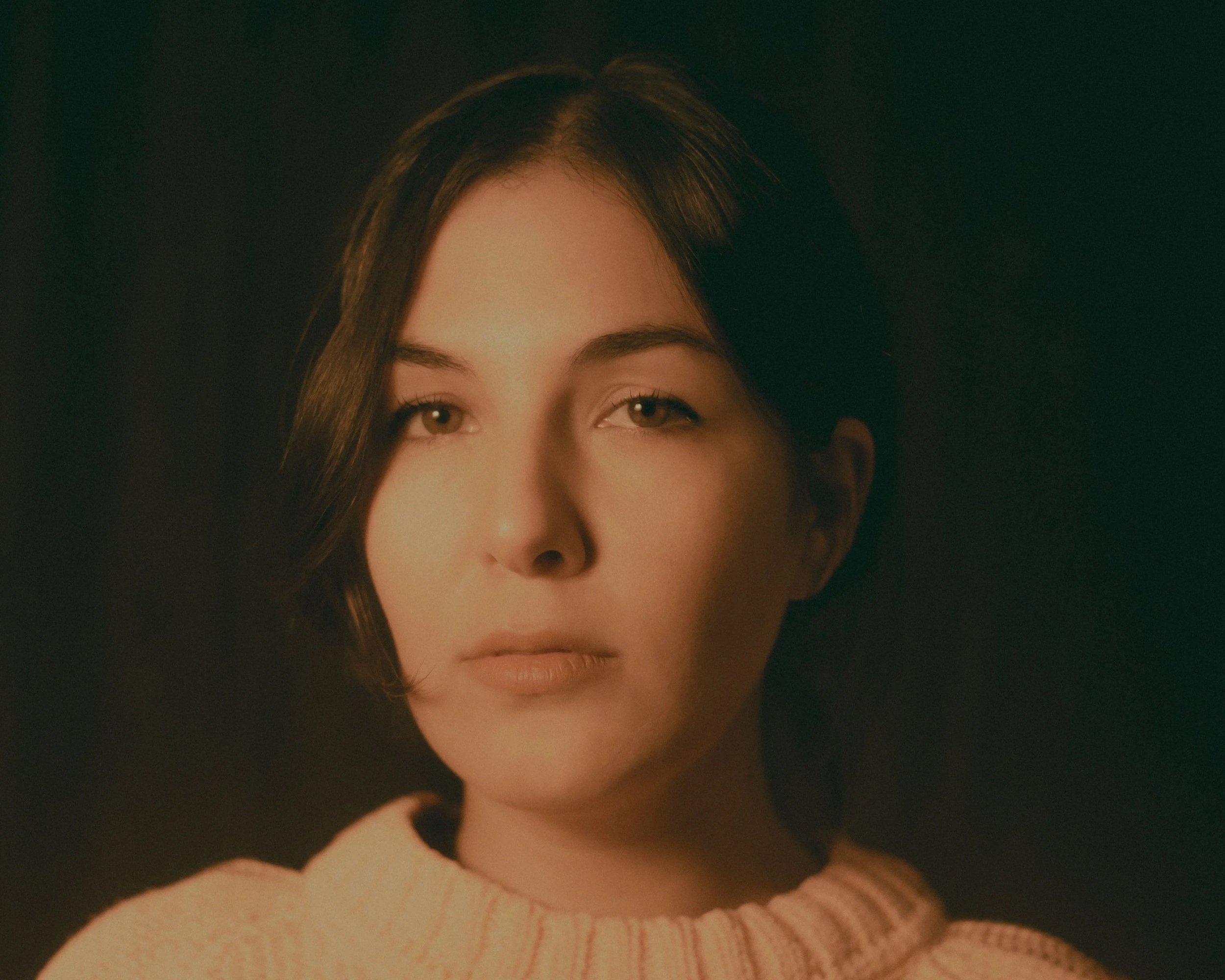Wombs on strike - unpacking women’s choices not to mother
Photo by Becca Tapert on Unsplash
Womanhood does not have to mean motherhood. Some women choose not to become mothers, and this choice is explored in the project Wombs on Strike, where artists and researchers collect stories from women who have decided not to have children. Artist-researcher KRISTINA BORG, co-writer and co-director of the project, introduces its aims before inviting other team members to share their perspectives.
Why is this project needed today?
Within both a global and local context, the decline in fertility is clearly evident, and such a decline comes with its pros – more availability of health resources and food security, and less stress on the environment, climate change and biodiversity – as well as with its cons – challenges to sustain the population, the labour force, economy, pension and social security. However, how is it possible to reach a balance between these pros and cons? And, above all, how can such intersectional thematics be dealt with without instrumentalising or weaponising women’s bodies?
Moreover, within the wider context, women are still persecuted, and if we look at the local scene, Malta’s criminal code introduced the concept of femicide (not as a crime in itself, but as a motivation for the crime) only recently in 2022, we regularly hear or read about domestic violence, Malta’s Gender Equality Index ranks 14th among the 27 EU Member States, thus, standing below the EU average.
Challenges are still rooted in discriminatory gender roles, and patriarchal culture still hinders women and girls from finding a genuinely equal place in the public and economic life of the country, according to a UN working group on discrimination against women and girls that visited Malta in 2023. Although all these persecutions are different and each deserves specific individual attention in its own right, I believe that they are also interrelated and a consequence of a wider social, patriarchal and pronatalist narrative, which has been politicised both locally and internationally.
Notions of womanhood and motherhood, as well as that of women’s bodies, have been politicised, both locally and internationally, and as a woman I find myself invested in the outcomes of these debates.
How did Wombs on Strike start?
The roots of this project go back to 2023–2024, when I was invited to participate in a collective exhibition on māter, co-curated by Margerita Pulè, Alexia Medici and Pilar Cruz, in Malta and Barcelona. The exhibition explored the multiple meanings of māter, expanding ideas of motherhood, mothering and procreation across binary, non-binary, human, and non-human lines.
Photo by Elisa von Brockdorff
“Notions of womanhood and motherhood, as well as that of women’s bodies, have been politicised, both locally and internationally, and as a woman I find myself invested in the outcomes of these debates.” - Kristina Borg
My contribution focused on non-motherhood - perhaps also as an act of resistance. I launched a call for women aged 30–45 to share their experiences of choosing not to have children. This led to a poem, later developed into a soundscape, with Yasmin Kuymizakis, and published internationally through the International Human Rights Arts Movement. Yet, time and funds only allowed conversations with eight women, though 16 expressed interest within hours. That overwhelming response revealed two things: women are eager to talk about this subject, and safe spaces to do so are scarce. The project needed to grow - not just wider, but deeper.
That is why the current project and interdisciplinary team have come together: to extend the research, to open it to more community members, and to make it more accessible and inclusive.
What’s the plan exactly?
At this stage, the focus is qualitative research and development. We’re exploring the diverse expressions of womanhood among women who opt not to have children, across three generations: 30–45, 46–59, and 60+.
The lower age bracket reflects the average age at first birth in Malta - just over 31, according to Eurostat figures. Including older generations enriches the process, enabling us to map changes across time in how the no-child option is experienced. Importantly, when we use the term “woman/women,” we include anyone who identifies as such, regardless of sexual orientation, gender identity, or expression.
Photo by Sofia Lasserrot
The research phase of Wombs on Strike - a title inspired by Mona Chollet’s In Defence of Witches: Why women are still on trial - is socially engaged and artistically embedded. It uses an interdisciplinary, co-creative methodology grounded in a rights-based approach, promoting diversity and inclusion.
In July, we launched an open call for women across the three generations who have chosen not to have children. Expecting to meet 20 participants, we instead received 45 applications in three weeks. We are stretching resources to meet as many as possible, though funds remain a limitation. Still, the response alone speaks volumes.
The project seeks to collect, tell and share stories that celebrate womanhood beyond motherhood - mapping patterns, commonalities, contrasts, contradictions and nuances in the lives of Malta-and Gozo-based women who opt(ed) not to have children. Literature shows this life choice challenges persistent gender stereotypes - our aim is to render it more visible through artistic means.
What next?
In the long term, the stories gathered will inform an original interdisciplinary artistic production that amplifies these diverse narratives across generations. The format remains open - we want the process, encounters and stories themselves to shape the outcome.
In the short term, the project offers a safe space for women (and, when willing, their partners) to share experiences. Individual interviews have begun and will lead to an intergenerational workshop in early 2026. Once we analyse the research material and themes emerge, the creative team will experiment with artistic interpretations. We’ll issue an open call for performers to co-devise ideas, leading to a proof of concept that will guide the eventual production.
“Ultimately, the project aims to mainstream diverse life choices, foster equality, and strengthen women’s rights.”
We are also laying the groundwork for international exchange. This September, Wombs on Strike joins a panel at the Storyhouse Childless Festival in Chester, UK - an annual gathering exploring lives without children, by choice or circumstance. In September 2026, we will share our research journey at Spazju Kreattiv.
Ultimately, the project aims to mainstream diverse life choices, foster equality, and strengthen women’s rights. Like any research, we know where we are starting, but not where the process will take us - and that uncertainty is what makes this journey exciting. We look forward to meeting the women who have trusted us with their stories, and we are deeply grateful for their openness.
Why this matters…
The team members of Wombs on Strike share their thoughts on why this project is important and what it means to them personally. The project is also supported by Sofía Lasserrot as the project’s graphic designer. It is a collaboration with the Women’s Rights Foundation and Il-Kollettiv and forms part of the Spazju Kreattiv programme 2025-26 and is supported by Arts Council Malta.
Deborah Falzon - Movement director and transcultural counsellor
Photo by Leanne Buhagiar Moore
Women are diverse, their life experiences are diverse and so too are their life choices - this project is vital to give a platform to women to share their experiences of choosing not to have children - a life choice that opposes the traditional social and cultural norms of women's worth being dependent upon their ability and choice to have children. This project provides the much-needed shared space of care, sensitivity, empowerment and acceptance for women in Malta choosing to live this way.
This project brings a great sense of purpose, belonging and healing for me stemming from my frustration of having limited spaces to feel safe enough to share my life choice and not feel ashamed doing so. Simultaneously, I feel grateful to be a part of this special group of women creating this sacred space of connection for women.
Roberta Scerri - Co-researcher in Sociology and Gender Studies
I feel this project is needed to highlight that there isn’t one way to be a woman or to experience womanhood. It’s a lived experience and all experiences are valid.
It’s a privilege to bear witness to women who choose to share their story. It is an opportunity to grow and to foster connection with other like-minded beings.
Virginia Monteforte - Co-researcher in Cultural Anthropology
Photo by Luigi Solla
It is a quite unexplored subject when it comes to women, maybe because it still looks like a taboo to most of the people who think that being a parent is the normality, and switching from this strong identity marker in our society, from this almost obliged target, is perceived as something questionable, weird, if not perturbing.
As an anthropologist I cannot but help being pretty much intrigued by the multitudes of experience and domestication of the world put into place by any human being - as a woman I love to explore, more and more, any manifestation of freedom, resistance and agency when it comes to women's choices and possibilities and to any form of control of the women's body. Moreover, I have always loved to be involved in thought-provoking projects which might have a concrete and positive impact on people's lives.
Yasmin Kuymizakis - Sound artist
Photo by Maria Galea
I feel there's still a lot of judgment around women who choose not to have children. This project opens up a needed conversation and makes space for different experiences that are misunderstood.
As a woman in her mid-30s without children, it feels personal. I get to bring my skills as a sound artist to a subject I can relate to. I get to help tell stories that don't often get told or even listened to.
Erica Muscat - Dramaturg, co-writer and co-director
Photo by Bjoern Kommerrell
This project isn’t simply about de-marginalising. We want to explore the diversity of women’s life experiences. Period. And, there is a social narrative and stigma that I have observed over childfree women. When we begin discussing people’s choices as a negative, their experience is immediately delivered as a defensive response rather than, what we wish to explore, which is as a positive, choice driven, forward-moving endeavour.
I believe we have choice. Unfortunately, often, it seems that the choices we make are driven by having to decide between the lesser of two evils. I feel I personally made my own choice to be childfree for the same reason. But I’ve since spoken to women who have said otherwise and it’s exciting for me, as an artist, to hear a new perspective which ultimately offered me a new way of looking at my own agency in the choices I made.
Share your views
Is there a woman-related subject you feel needs to be ‘unclouded’, spoken about, or explained? Is there something you feel passionately about? If so, share your views… or share your story - to inspire and help other women.
Woman Unclouded believes that by sharing - stories, experiences and expertise - women can inspire one another - to take the leap, or to simply make sense of things.
All you have to do is drop us an email at hello@womanunclouded.com








